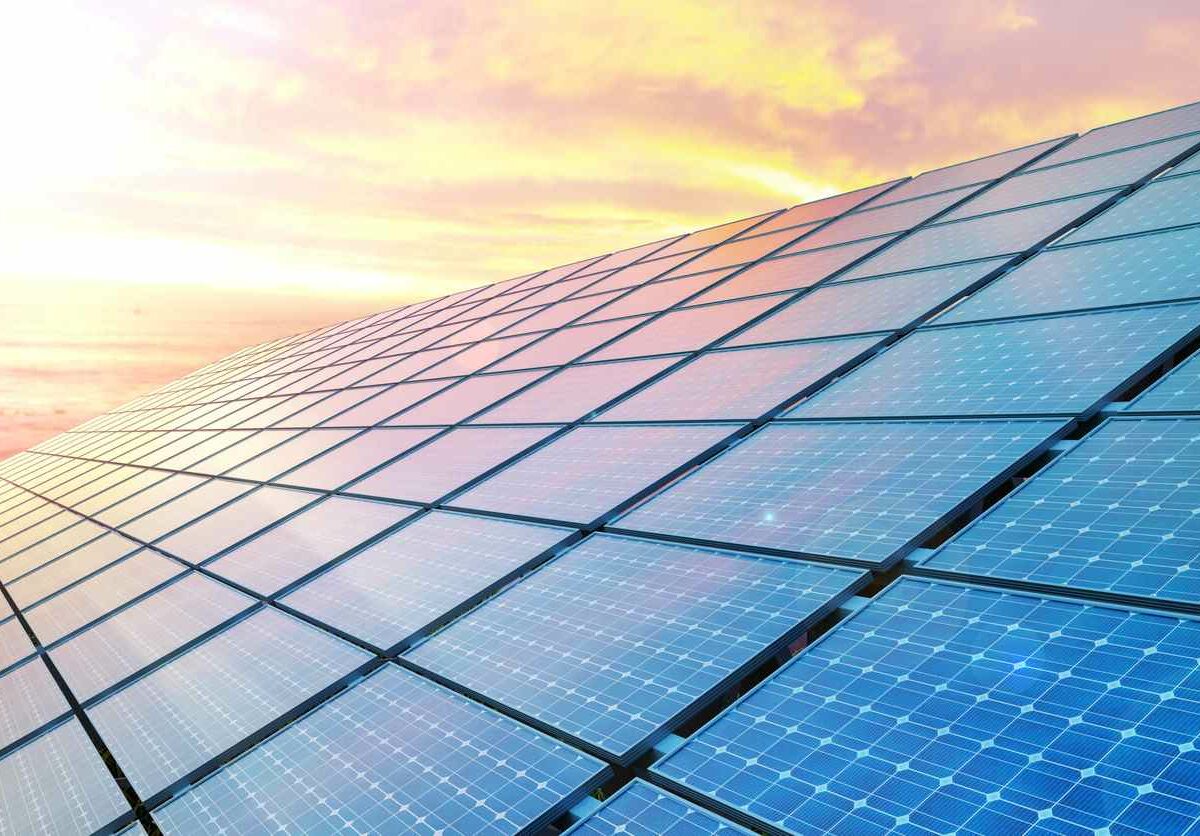How Storage Facilities Use Solar Power

Solar power has emerged as a sustainable energy source that offers numerous benefits that can make an environmental difference. Solar panels are quickly becoming a popular choice not only for homeowners but for businesses as well. For instance, Helios Storage, powered by Copper Storage Management, has decided to take a stance by only using solar power throughout the entire facility. In this blog, we’ll explore what solar power is, explain its benefits, discuss solar panel production, and discuss why more facilities should follow suit.
What Is Solar Power?
Solar power is a form of renewable energy. It involves capturing sunlight and converting it into usable electricity using solar panels. These panels are made of photovoltaic (PV) cells that absorb sunlight and generate a direct current. The direct current is then converted into an alternating current, which can power homes and businesses.
In simple terms, solar panels absorb the sunlight and convert the energy from the sun into power and electricity.
How Much Power Does a Solar Panel Produce?
The amount of power solar panels can produce varies depending on many factors, including panel size, geographic location, and weather conditions. In general, you can expect a solar panel to produce around 750 to 850 per kilowatt hour annually. Additionally, solar panels are built to last between 20 and 25 years.
What Are the Benefits of Solar Power?
Switching your business to run on solar power can be an investment, but running on solar-powered energy is sure to provide you with many different benefits in the long run. Some of the benefits of solar power include:
- Cost savings. Solar power can significantly lower your electricity bills. Additionally, many governments offer financial incentives that further enhance cost savings.
- Renewable energy. Solar power is a renewable energy source, so there’s no way to use it all up.
- Clean energy. It produces clean energy, reducing reliance on fossil fuels and minimizing greenhouse gas emissions that contribute to climate change.
- Energy independence. Generating your electricity with solar power allows you to become less reliant on traditional energy sources. This provides a sense of energy independence, especially during power outages or energy price fluctuations.
- Not climate dependent. Solar power is not dependent on weather and can generate power in any climate.
What Types of Places Utilize Solar Power?
Solar panels can be installed on various buildings, including residential housing, apartments, and commercial buildings. It’s important to note that because solar power is dependent on sunlight, not all rooftops are suitable for solar panel installation. It’s easier to install solar panels on roofs that face the sun and that are angled toward the sun. In cases where rooftops aren’t suitable, ground-mounted or community solar options may be available.
Frequently Asked Questions About Solar Power Self Storage
Solar-powered facilities are more eco-friendly and energy-efficient, contributing to environmental sustainability. Additionally, they may have more reliable power for climate control and lighting.
While solar power can reduce a facility’s operating costs, the rental rates depend on other factors, such as location, unit size, and amenities. Solar-powered facilities often pass on savings indirectly to renters.
Yes, solar-powered facilities are just as safe as traditional ones. They typically have backup systems to ensure continuous power for lighting, security cameras, and climate-controlled units.
Absolutely! Solar energy can power climate control systems to ensure consistent temperature and humidity levels for sensitive items.
Solar-powered facilities often use battery storage or remain connected to the electrical grid, ensuring uninterrupted power even during cloudy days or at night.
Yes, choosing a solar-powered facility reduces your carbon footprint and supports sustainable energy use.
Transform Your Self-Storage Facility With Solar Power
Self-storage facilities require a lot of energy that can create carbon emissions that lead to environmental damage. With so many storage facilities located all around the world, you must think about the nonrenewable and damaging energy that is being used. Solar power is a solution that offers a sustainable, clean, and cost-effective alternative to traditional energy sources. With its numerous benefits, including energy impedance and renewable energy, solar panels are becoming a popular choice for business owners.
The storage professionals at Helios Storage are proud of the decision to help save the environment by using solar panels and clean energy to power the storage facility. Visit Helios Storage in Hot Springs, AR, and see for yourself how solar energy can benefit self-storage facilities.